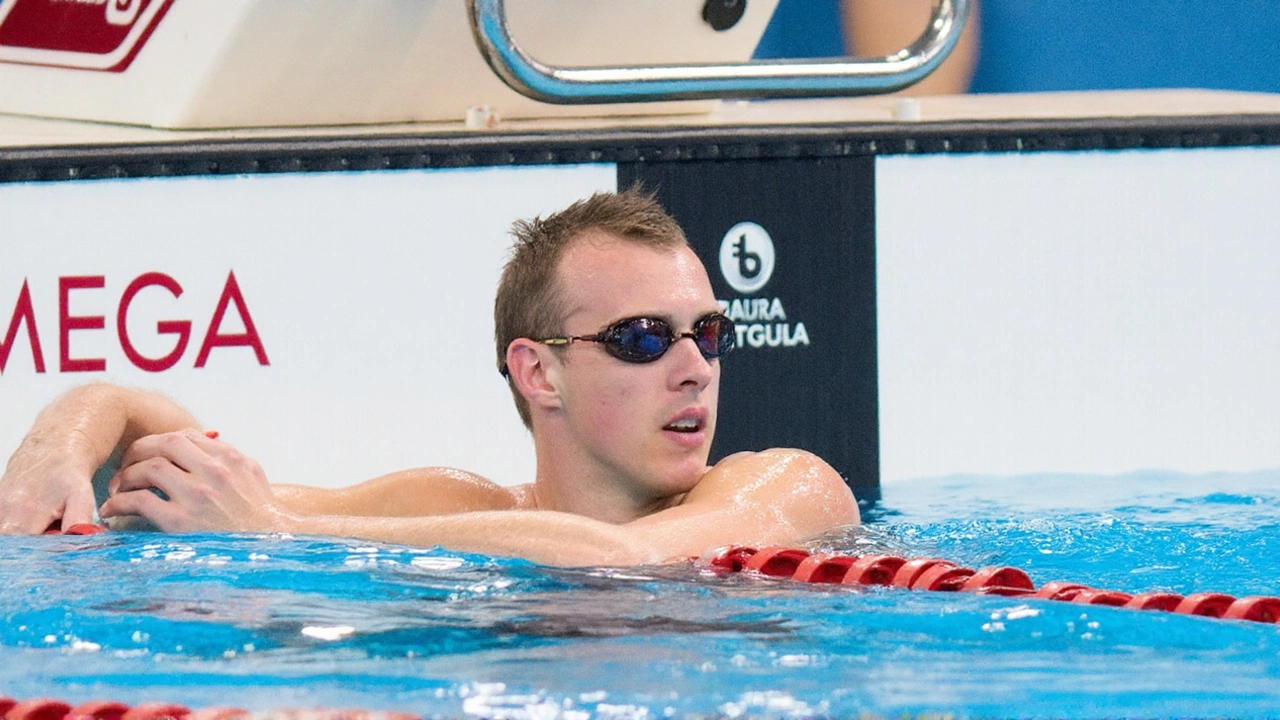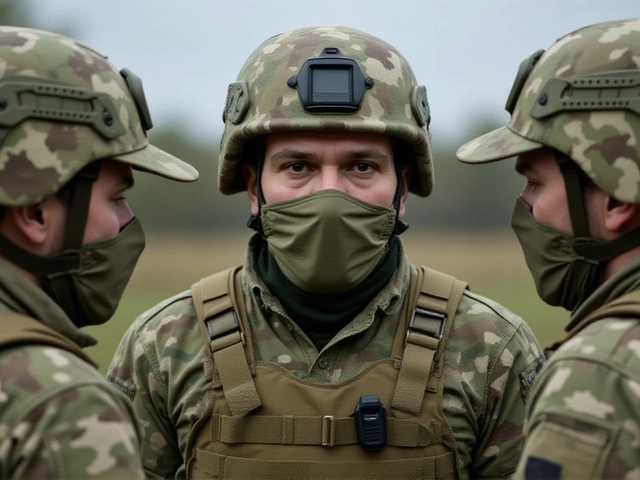Aquatics GB Championships – Complete Guide
When talking about Aquatics GB Championships, the premier national competition that gathers the UK's best swimmers, divers and water‑polo teams each summer. Also known as British Aquatics Championships, the event is run by British Swimming, the governing body that sets performance standards and safety rules. It covers three core disciplines: Swimming, Diving and Water Polo. Each discipline requires specific venues, equipment and athlete preparation, making the championships a showcase of diverse aquatic talent.
The history of the championships stretches back over four decades, evolving from a modest meet in a regional pool to a multi‑venue spectacle that draws crowds from across the country. Aquatics GB Championships now includes preliminary heats in city centres, elite finals in national aquatic centres, and live streaming that reaches millions online. This growth reflects a broader push by British Swimming to raise the sport’s profile and provide clear pathways for young athletes aiming for Olympic selection.
How Athletes Qualify and What It Means for Their Careers
Qualification hinges on meeting time standards set by British Swimming, which are published well before the season starts. Swimmers who hit the “A” cut earn automatic entry, while “B” standard athletes may be invited based on rankings and available slots. Divers must achieve score thresholds in regional qualifiers, and water‑polo teams qualify through league performance and a national tournament. These routes create a merit‑based system that rewards consistency and encourages clubs to invest in coaching, strength‑training and sports science.
Beyond the medals, the championships serve as a talent‑identification platform for national team selectors. A strong performance can fast‑track an athlete into the British national squad, earn sponsorship deals, or secure funding from sport bodies. For many, the event is a springboard to international meets such as the European Championships or the World Aquatics Championships.
Venue selection plays a big role in the event’s success. Major cities like Manchester, Sheffield and London offer state‑of‑the‑art pools that meet FINA specifications, while smaller towns host qualifying rounds to engage local communities. The mix of big‑arena finals and grassroots heats helps spread interest and gives fans a chance to watch world‑class competition up close.
Community impact is another key angle. Schools often organize field trips to watch the finals, clubs run clinics alongside the meet, and local businesses benefit from increased foot traffic. Media coverage, both traditional and digital, highlights inspiring athlete stories, turning everyday swimmers into local heroes and encouraging the next generation to take the plunge.
Below you’ll find a curated selection of recent stories that illustrate how the Aquatics GB Championships intersect with broader sports news, community events, and personal achievement. Dive in to see the latest results, behind‑the‑scenes insights and upcoming fixtures that keep the British aquatic scene vibrant and competitive.
11 September 2025
Aylin Bradshaw
Olympic medalist Ben Proud posted 21.73 in the 50m freestyle on day two of the Edinburgh International, a strong in-season mark ahead of the Aquatics GB Championships—Britain’s sole qualifier for the World Championships in Singapore. Oliver Morgan added a 50m back win in 24.83, just off his season best, with Matthew Ward and Tomer Shuster on the podium.
Continue Reading...





